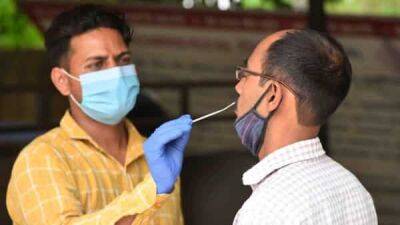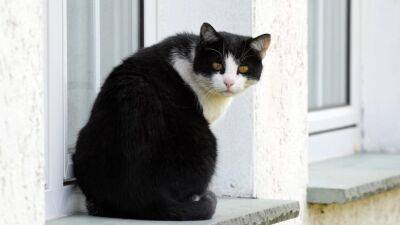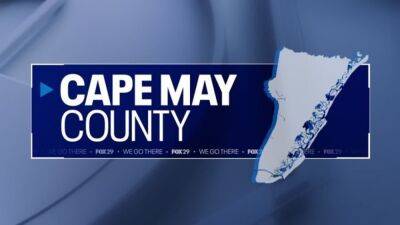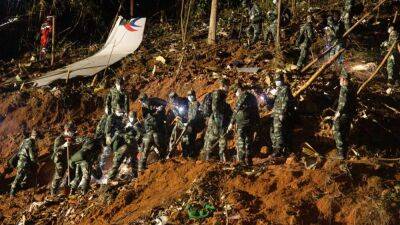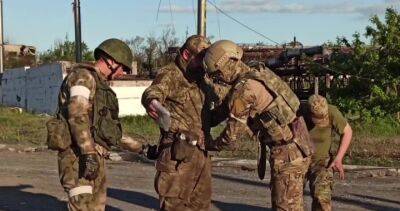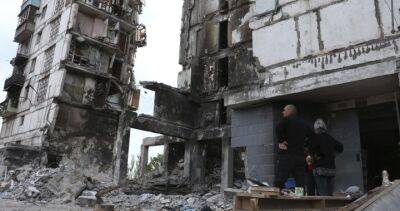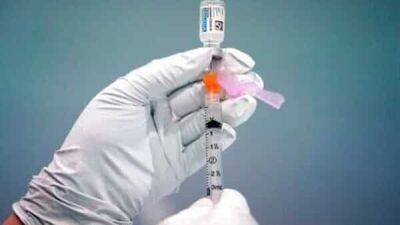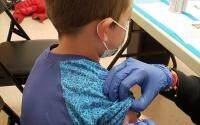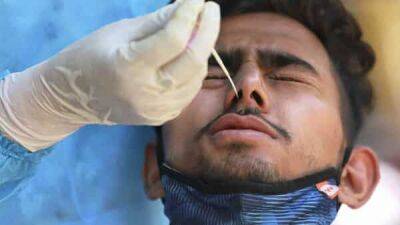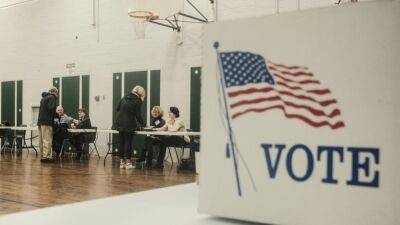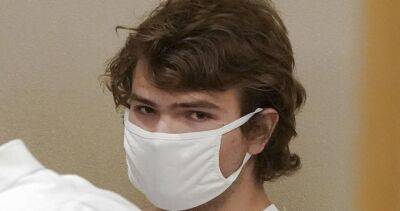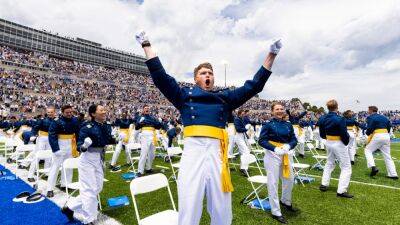News Scan for May 16, 2022
Trial suggests awake prone position doesn't cut need for intubation in COVIDA randomized, controlled trial of 400 adults hospitalized for COVID-19–related respiratory failure suggests that awake prone positioning doesn't significantly reduce the need for endotracheal intubation at 30 days, but the authors caution that the effect size was imprecise and a therapeutic benefit cannot be ruled out.Published yesterday in JAMA, the study was led by McMaster University researchers and enrolled nonintubated respiratory failure patients who needed supplemental oxygen at 21 hospitals in Canada, Kuwait, Saudi Arabia, and the United States from May 19, 2020, to May 18, 2021.
Patients were, on average, 57.6 years old, 29.3% were women, 205 were assigned to receive prone positioning, and 195 served as controls.In the first 4 days, intervention patients were placed in the prone position for 4.8 hours per day.
By 30 days, 70 of 205 (34.1%) intervention patients advanced to needing endotracheal intubation, compared with 79 of 195 (40.5%) of controls.
The hazard ratio [HR] was 0.81, but the result was not statistically significant.By 60 days, prone positioning hadn't significantly reduced the death rate (HR, 0.93; absolute difference, −1.15%) or increased days free from invasive or noninvasive mechanical ventilation or intensive care unit stay, or shortened hospital stay.In the intervention group, 21 patients (10%) had adverse events, the most common of which was musculoskeletal pain from prone positioning (13 [6.34%]) and oxygen desaturation (2 [0.98%]).
Read more on cidrap.umn.edu





